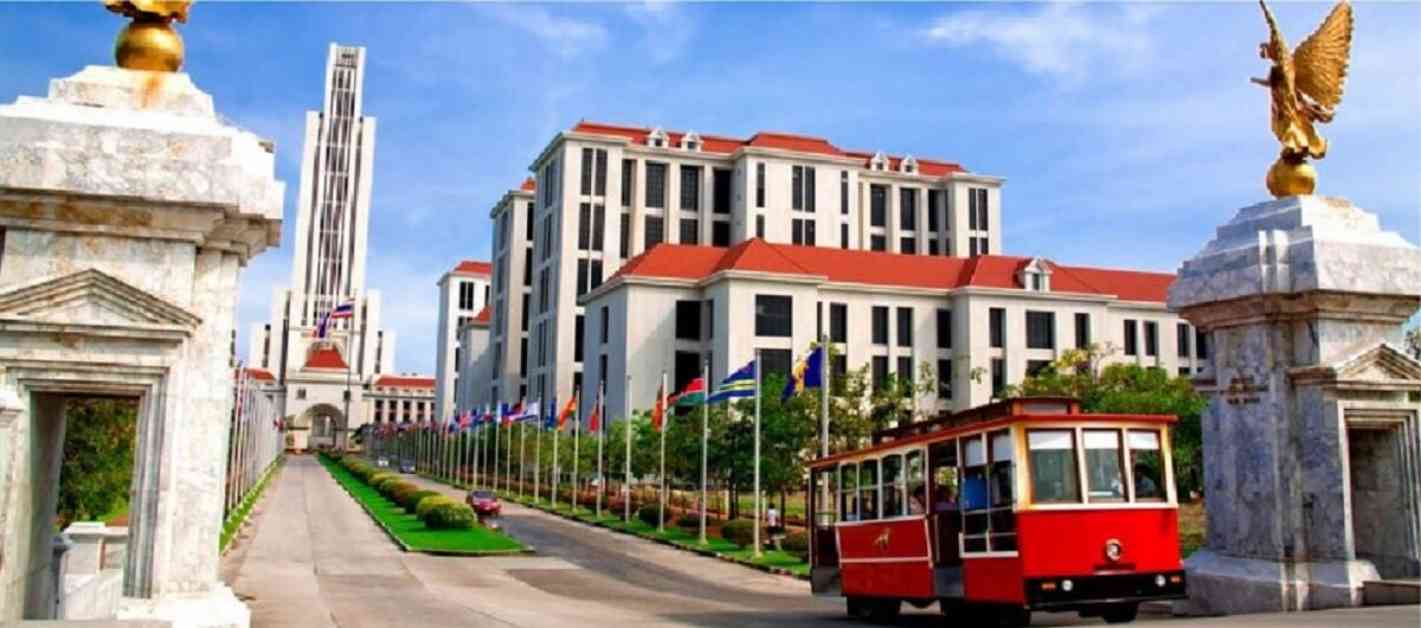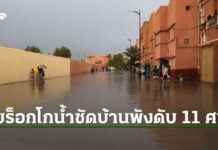Higher Education in Thailand: A Comprehensive Guide
With the increasing number of students seeking advanced learning opportunities, the concept of higher education has evolved significantly. While higher education typically refers to studies pursued after secondary school, the approach varies from country to country. In the case of Thailand, the higher education system embodies a unique blend of tradition and modernization, incorporating universities, polytechnic colleges, vocational institutions, and education institutions to cater to a wide array of academic pursuits.
Transformative Aspects of Higher Education in Thailand
One of the most notable aspects of Thailand’s higher education system is the robust exchange of research, experience, and insights between teachers, students, administrators, and experts. This dialogue is fostered by publications like the leading international journal on higher education studies, which plays a crucial role in contributing to the system’s dynamics.
History of Higher Education in Thailand
In the 20th century, Thailand witnessed a significant transformation in its education system. Universities began shifting their focus from traditional academic studies to more industry-oriented programs, aiming to bridge the gap between academic proficiency and industry needs. This paradigm shift was particularly evident in polytechnic colleges and vocational institutions, which recognized the importance of integrating practical skills into the curriculum to prepare students for real-world challenges.
Moving into the 21st century, Thailand’s higher education system continued to evolve, embracing modern technological tools and online learning platforms to meet the demands of a global shift towards remote work and online education. The integration of high-speed internet connectivity and digital instruction methods has propelled higher education institutions into a new era of e-learning, providing students with critical skills such as digital literacy, self-direction, self-discipline, and remote collaboration.
Structure of Higher Education in Thailand
Thailand’s higher education system offers various study programs designed to meet diverse academic interests and career goals. The primary categories include public universities, private universities, and vocational schools, each catering to different academic aspirations and career paths.
The Right of Access to Higher Education
Thailand’s Constitution guarantees the right to education for all, including higher education. Public universities play a significant role in providing accessible higher education through government funding and merit-based admission policies. Additionally, scholarship programs aim to support students from diverse backgrounds, enhancing access to higher education. Private universities also contribute to accessibility by offering scholarships and financial assistance to students who may not meet public university entry requirements.
Admission and Application Process
The admission and application processes for higher education in Thailand vary by institution but generally require meeting specific criteria and providing the required documents. Eligibility criteria typically include a recognized secondary education qualification, such as A-level or equivalent, while required documents may include academic transcripts, a passport, passport-sized photos, a personal statement, letters of recommendation, and proof of English proficiency.
Student Life in Thailand
Pursuing higher education in Thailand offers a vibrant and enriching student life, with diverse accommodation options, access to healthcare services, and opportunities for part-time work and volunteering. Accommodation options range from on-campus housing to private apartments or condominiums, with universities often providing assistance in finding suitable accommodations for international students. Access to healthcare is essential, and most universities have health clinics offering basic medical care. International students can work part-time up to 20 hours a week and engage in volunteer opportunities to gain valuable experience and contribute to the community.
The Importance of Higher Education
Higher education plays a crucial role in providing individuals with the qualifications and skills necessary to succeed in the job market and develop unique career paths. Beyond a mere qualification, higher education offers a passport to improved socio-economic prospects, as college-educated workers command higher wages and are less likely to become unemployed compared to their less-educated counterparts.
Primary and Secondary Education Preparation
A solid foundation in primary and secondary education is essential for gaining admission to higher education institutions in Thailand. These early stages equip students with the necessary knowledge and skills to succeed at the tertiary level, preparing them for the academic challenges ahead. Excelling in primary and secondary education can also increase the chances of securing scholarships and financial aid for higher education.
Useful Resources
For more information on education in Thailand, resources such as the Ministry of Education, Office of the Permanent Secretary, Office of the Basic Education Commission, Office of the Vocational Education Commission, Office of the Education Council, Office of the Private Education Commission, The Commission on Higher Education, and Office of the Non-formal and Informal Education offer valuable insights and support for students navigating the higher education landscape in Thailand.
In conclusion, Thailand’s higher education system offers a diverse range of academic opportunities, blending tradition with modernization to cater to a broad spectrum of academic ambitions. With a strong emphasis on practical skills, industry-specific competencies, and soft skills, the system prepares students for success in the contemporary workplace and beyond. By investing in primary and secondary education, students can lay the groundwork for a rewarding and enriching higher education experience in Thailand.



















